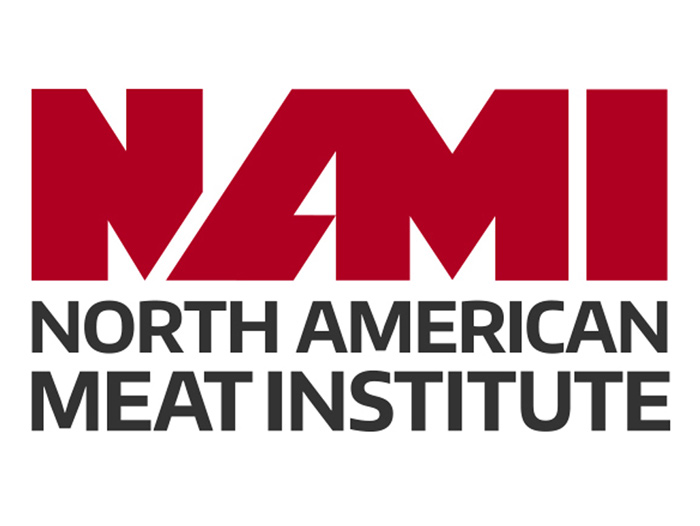U.S. Meat Sector Releases First-Ever Data Report on Environment, Other Key Indicators
November 10, 2022 | 3 min to read

WASHINGTON, DC – A major new report released in advance of the United Nations Climate Summit next week in Sharm el Sheikh, Egypt, reveals that about 81% of facilities reporting data are covered by Meat Institute members’ commitments to reduce greenhouse gas (GHG) emissions.
With 100% of the Meat Institute’s large U.S. members (more than 2000 employees) submitting data, the report covers an estimated 90% of meat sold in the United States (by volume) and sets the first ever baselines for measuring progress toward ambitious targets for environmental sustainability, animal care, food safety, worker safety, and food security.
Meat Institute President and CEO Julie Anna Potts commented:
“98% of American households purchase meat, putting our sector undoubtedly at the center of solutions for healthy diets, healthy communities, and a healthy planet for generations to come.
The Meat Institute’s first-ever continuous improvement report is a game changer for transparency in the sector – setting transparent baselines that will allow us to measure progress and verify our sector’s contributions to global goals.”
Further key findings include:
- Supporting NAMI’s commitment to measure and fill the “protein gap” for needy families by 2025, 78% of reporting companies donate money or products to food banks and charities, including more than $9 million announced this year to combat hunger by building or expanding food banks’ capacity to safely receive, store, package, and distribute fresh meat hungry families need.
- 82% of reporting facilities are covered by a company commitment to minimize packaging waste, and 71% are covered by a company commitment to reduce food waste.
- 96% of reporting facilities that conduct meat processing require suppliers to maintain a written animal welfare program based on NAMI Animal Handling Guidelines.
- 98% of reporting facilities have a multidisciplinary team that periodically reviews food safety programs and takes improvement actions.
To read the full report and for more information about the Meat Institute’s continuous improvement framework and targets, click here.
###
About North American Meat Institute
The Meat Institute is the United States’ oldest and largest trade association representing packers and processors of beef, pork, lamb, veal, turkey, and processed meat products. NAMI members include over 350 meat packing and processing companies, the majority of which have fewer than 100 employees, and account for over 95 percent of the United States’ output of meat and 70 percent of turkey production.
About the Protein PACT: The Protein PACT unites partners across animal protein to accelerate the entire sector’s progress toward global sustainable development goals for healthy people, healthy animals, healthy communities, and a healthy environment. Protein PACT partners are establishing transparent baselines and benchmarks, setting ambitious targets for continuous improvement, collecting data to verify and transparently report on progress, and launching comprehensive communications about animal protein’s unique place in healthy diets and sustainable food systems. To learn more, visit www.TheProteinPACT.org.
